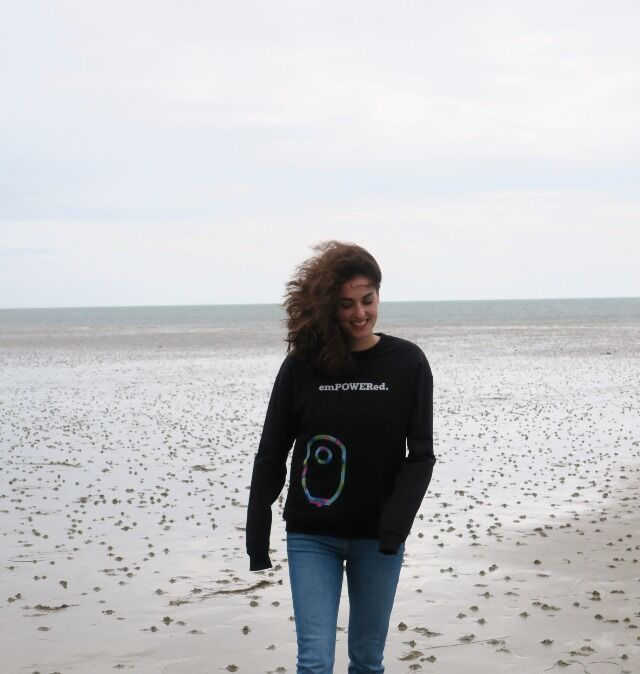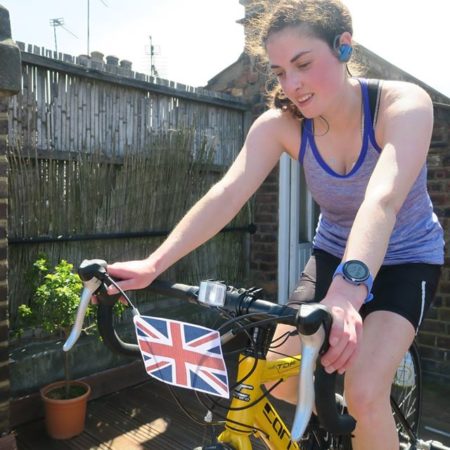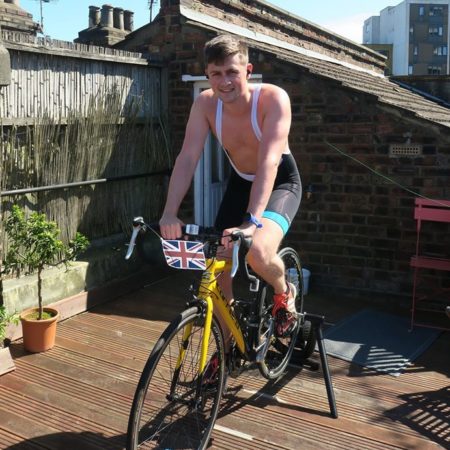On my 21st birthday I got a cold which triggered an ulcerative colitis flare. In a short amount of time I went from training for my first half-iron man and set to complete my third year of medical school, to being in constant pain, malnourished and unable to walk the 10 minutes to university. Medications failed to control the flare, and I was told that I would need to have my colon removed and a temporary stoma formed. As I was wheeled down to the operating theatre, I felt optimistic about the procedure. After the hurdle of the operation itself, I thought that my life would quickly return to normal, and I was already looking forward to getting back to university and planning my next sporting challenge.
What was supposed to be one operation, a five-day hospital admission and a short recovery period, turned into an 89-day admission, four major abdominal operations, blood clots, multiple vascular procedures, 10 days in an induced coma, a month and a half in ITU, and very nearly losing my life. On the 89th day I was discharged home weighing 37kg, unable to walk, and completely dependent on the care of my family.
Having lost a lot of my small bowel as well as my colon, I was unable to absorb water or calories adequately. I was caught in a cycle of painful dehydration, weight loss and regular re-admissions to hospital for IV fluids and electrolytes. It was at this point, with my local hospital unable to offer a solution, and having lost hope of being able to live independently again, that I was referred to St Mark’s Hospital.
During the 8 weeks that I spent at St Mark’s they diagnosed me with short bowel syndrome, and organised for me to have an operation to open up and stent a vein, so that I could have nightly parenteral nutrition via a Hickman line. Unlike the time spent in my local hospital, that was so full of fear, my stay at St. Mark’s was full of positivity, problem solving and hope. When I was discharged home the day before my 22nd birthday I felt as though I had been given the biggest gift. Where 2 months before there had been no hope, and no options, there were now endless possibilities. My life was mine again.
The 42-day fundraising virtual bike ride to Sicily that my Fiancé and I undertook whilst working remotely during lockdown felt like a good way to thank St. Mark’s for the amazing care that they have given, and continue to give me. We both really appreciate everyone that helped us exceed our fundraising target, raising a total of £10,710. For the past 6 years, the hospital has been my vital backbone; providing the parenteral nutrition and medical care that I need to continue to lead a very happy and active life.
It was also during lockdown, whilst flicking through the news, that I saw an article about a man whose experience of having a stoma had been so traumatic that he was sure that he would rather die than live with one permanently. I was shocked to realise that a large part of his reasoning was based, not on worries of discomfort or lack of independence, but on fear that other people’s perceptions of his stoma would impact so negatively on his life as to make it intolerable. After reading the article, I couldn’t stop thinking about how his life would have been different if the general population was better informed about, and more accepting of bowel disease and stomas. Even though I am proud to have my permanent stoma, if I am honest with myself, I have a constant awareness of my bag, and often go to efforts to conceal it in an attempt to avoid unwanted comments. If, even as someone who is accepting of the way that my body is, I feel this way, it is very easy to understand how the heavy burden of society’s stigmatisation can devastate a person’s quality of life.
The idea behind the emPOWERed: Making the Invisible Visible clothing range is that by bringing the sight of stomas and bowel disease into the mainstream, we will help form new positive associations with these conditions and increase understanding and acceptance. The aim is for everyone, regardless of whether they have bowel disease or not, to enjoy wearing the clothing, and we hope that conversations will be started, questions will be answered, and a positive light will be shone on bowel disease.
100% of profits from clothing sales will go to St Mark’s Hospital Foundation and Crohn’s and Colitis UK to help with ongoing vital research into bowel disease, and to fund support for patients.
By making the Invisible Visible, together we will change society’s view of bowel disease.
Visit the full collection here: empoweredclothing.co.uk



